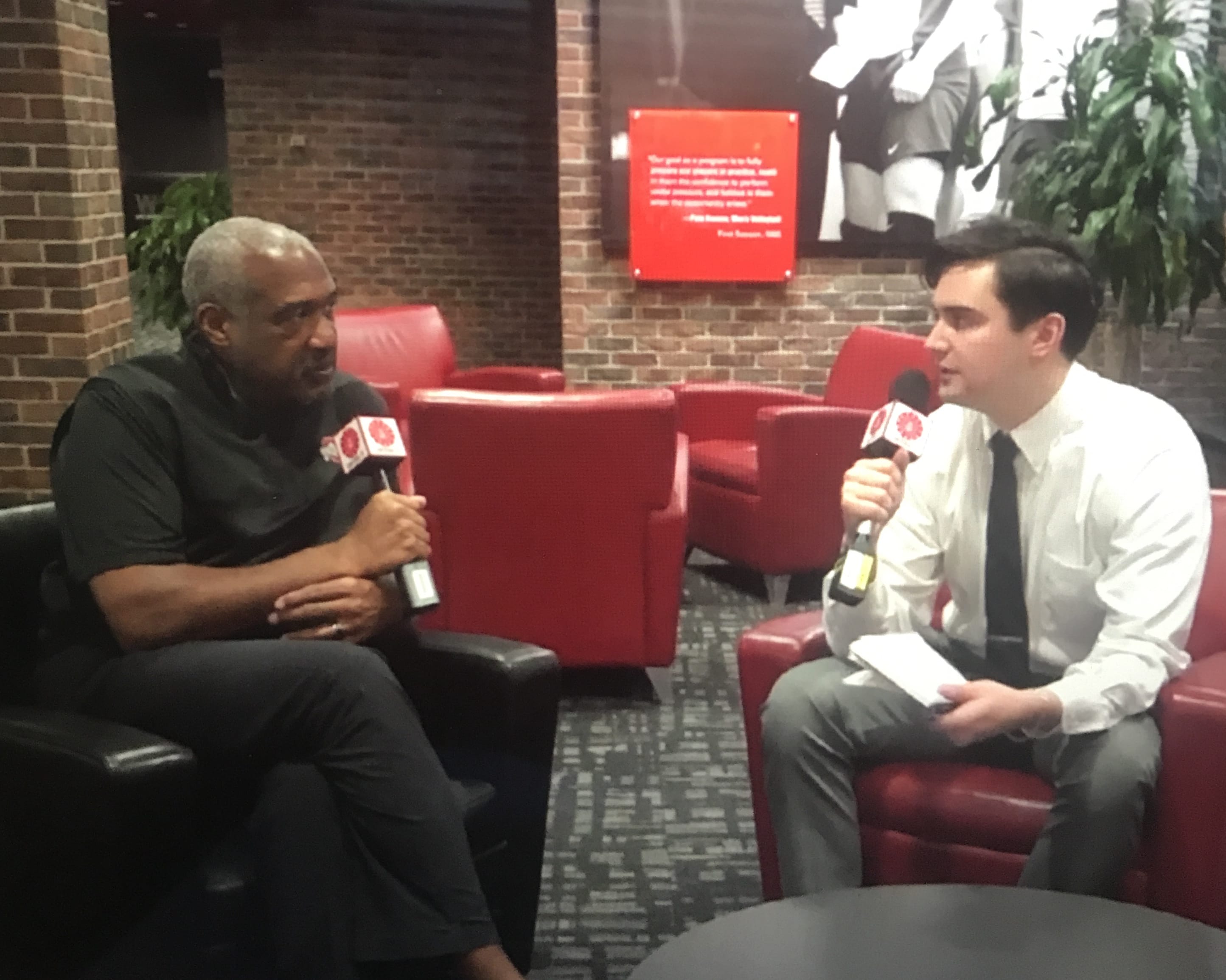Both sides stated their case in the courtroom Thursday in the Nebraska District Court of Lancaster County as proceedings began in the lawsuit that eight Nebraska football players filed against the Big Ten.
The stances are simple; the lawyers representing the players lobbied to receive information surrounding the vote from Big Ten administrators to postpone the season, as well as the medical information used to make said decision in hopes of ultimately reversing it in haste.
The Big Ten representative argued that eight students should not be granted the right to change a decision made by the conference simply on the grounds that they do not agree with it, especially when it is one that impacts so many people.
The question remains, how do things progress from here?
Mark Laughlin, an attorney for the players, wants to speed things along as quickly as possible, given the imminence of the fall football season.
“Because this goes into the college football season in the fall and because the first game is supposed to be next week, that’s the urgency or the time sensitivity in why we came in and requested an expedited hearing, because we need this information in order to move forward or evaluate what our rights are under that scenario,” Laughlin said in court.
RELATED: Nebraska players file lawsuit against Big Ten, Randy Wade responds
Big Ten attorney Andrew Luger said he was still “quickly catching up” with the case, given that he had only received the motion a few hours prior to the hearing, but judge Susan Strong gave the conference's representatives until Monday at 5 p.m. to file a written brief in response.
“We do have the three-day notice rule, and certainly the defendants have not had three day’s notice of your motion,” Strong said.
The players’ group will be given 24 hours to respond after that, or, Strong gave them the option to write a supportive brief by the same time Monday.
Strong said the request for the Big Ten to turn over medical information, data, studies and other relevant material about the postponement from March 15 to the present seemed like a hard ask in an “expedited” period of time.
However, representatives for the Nebraska players said they would be willing to narrow that criteria if it helped to forward the process.
Luger said in court that he hadn’t yet had time to discuss with the Big Ten whether or not they wanted to remove the case to federal court, which would change how and where its motion to dismiss the case would ultimately be filed.
Mike Flood, the lead attorney for the Nebraska players’ group, said he initially represented 11 Nebraska families about a week ago when his office reached out to the Big Ten in pursuit of transparency.
Randy Wade, father of Ohio State cornerback Shaun Wade and one of the leaders of the conference parents’ movement to protest the Big Ten’s decision, told BuckeyeGrove that Ohio State parents would not take legal action of their own.
“OSU parents will not file a lawsuit because any lawsuit will directly affect OSU,” Wade said. “It’s been talked about and discussed by numerous parents. I hope the law suit hopefully gets us to our goals.”
However, Wade later said on Twitter that he was only speaking for the Ohio State parents he had spoken to, which was “a lot but not all.”
Tom Mars, a lawyer that has represented student-athletes in NCAA eligibility issues in recent years, hinted on Twitter Thursday that if similar lawsuits were filed in the other 10 states represented in the Big Ten, a fall season may be more likely to come to fruition.
Mars, who has been working with Big Ten parents to gain access to information about the conference’s decision to postpone, has filed Freedom of Information Act requests with 13 of the conference’s universities.
A Big Ten statement Thursday said the lawsuit from the Nebraska players has “no merit,” but many proponents of Big Ten football will be eagerly awaiting the next steps in the legal process.
